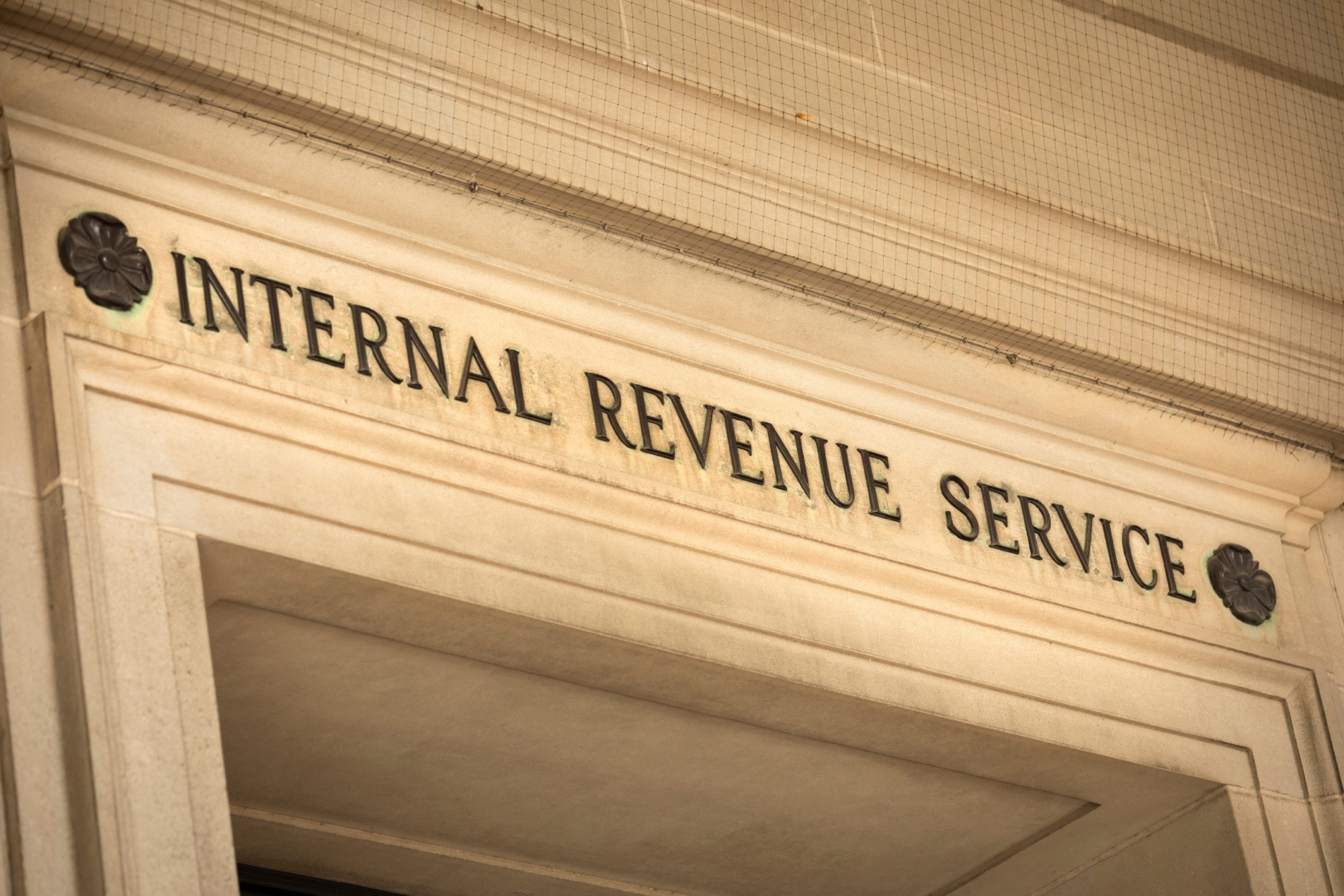The Final Donor Disclosure Rule Has Been Released

501(c)(4) organizations no longer need to include the names of donors on Schedule B of IRS Form 990. Earlier this week, the IRS released a final rule that ends the requirement that 501(c) organizations, other than 501(c)(3)s, provide the names of donors who contribute more than $5,000 to the IRS. Existing law shields donor information from public disclosure; this new rule change extends that shield to the IRS. Despite concerns from both proponents and opponents, Bolder Advocacy predicts this new rule will have no major impact.
The proposed change has a contentious history.
This proposed change was first initiated in September of 2018 when the IRS issued a ruling that it was ending the requirement. The state of Montana, joined by New Jersey, then commenced a lawsuit which asserted that the change had to go through proper regulatory processes of notice and comment. The court ruled that the IRS had not followed the procedures required by the Administrative Procedure Act, and the change was ruled invalid. In September of 2019 the IRS then properly issued a proposed rule, commenters commented, and the final rule was published in the Federal Register, having followed the proper notice and comment procedures.
Both opponents and proponents of this regulatory change have made dramatic claims about the impact of this regulatory change, with most of the focus on how this changes the filing requirements for 501(c)(4) organizations. In reality, the final regulation will change nothing for the public and little in the regulatory sphere. Proponents of the regulatory change have claimed that providing this information to the IRS — which already has identifiable information on every US taxpayer — somehow poses a threat to donors to 501(c)(4)s. Bolder Advocacy questions the validity of these fears as the information never was made publicly available — and was seemingly never used by the IRS.
Opponents claim that the rule poses the end of the IRS’ ability to enforce campaign finance laws. Bolder Advocacy questions this assertion as well. The IRS does not enforce campaign finance laws — and in fact, it rarely enforces existing laws that regulate how much partisan political activity 501(c) entities may engage in. A GAO report looked at IRS investigations of 501(c) political activity over a 7-year time frame (2010-2017) and over that time there were only 14 investigations of 501(c)(4) organizations. For all practical purposes, there is no meaningful IRS enforcement of 501(c)(4) political activity, much less campaign finance laws that are enforced by the Federal Election Commission or state regulators.
What now?
The new regulation is effective May 28, 2020. This is what has changed: 501(c)(4)s and other 501(c) organizations, with the exception of 501(c)(3)s, will no longer have to provide the names of donors to the IRS when they file their 990 information returns. What has not changed: Organizations affected by this regulatory change will still be required to maintain donor information but will only need to provide it to the IRS upon request. Any contributions over $5,000 will still be a required field on the 990, and the public will still be able to see this information. The names of donors, as in the past, will still not be publicly available. And finally, as in the past, the IRS will not be leaking private taxpayer information and it will continue to not enforce campaign finance laws.
The final rule can be read here.
